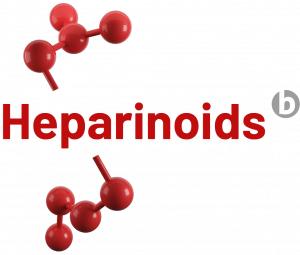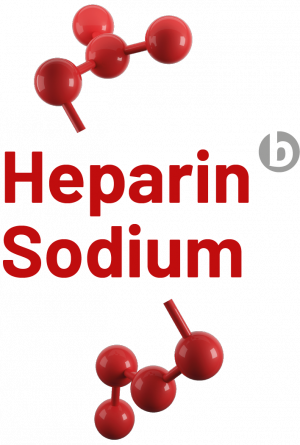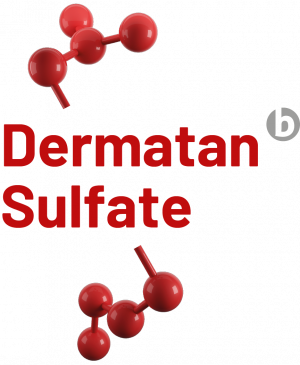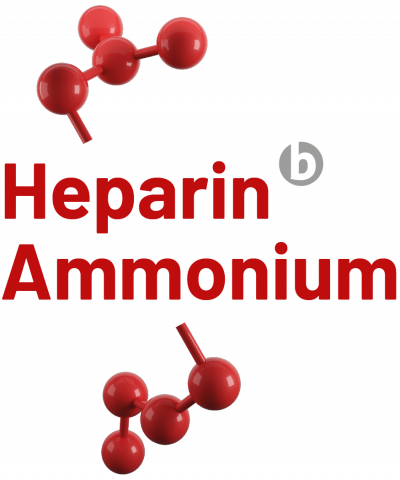
Heparin ammonium
Ammonium heparin is especially indicated as an alternative to sodium heparin for the measurement, without interference, of blood sodium levels.
What is it? What is it for?
Heparin is a commonly used anticoagulant, especially in clinical biochemistry and chemical measurement tests. It is the recommended anticoagulant for chemical measurement in blood or plasma tests, because of its minimal chelating properties, minimal interference with water, and relatively low cation concentration.
Heparin is the anticoagulant of choice for measuring pH, blood gases, electrolytes, and ionized calcium.However, heparin should not be used for coagulation or hematology tests. Three heparin salts are most commonly used for blood sample collection: sodium heparin, ammonium heparin, and lithium heparin.
Storage and Packaging
Storage and handling conditions
The product does not require special storage conditions, however we recommend that it be kept in a cool, dry place preferably at temperatures below 40ºC.
Handling Instructions
Wear a dust mask, gloves and safety goggles.
Packaging
The product as white powder is triple-packed in polyethylene bags sealed with a polyamide cable tie for drums and cans.
The product is available in the following containers according to the quantity and customer specifications:
- Drums of 60L, 30L, 2L , 15 ml vial and 100ml vial.
- The weight limit of our drums is 20 kg net.
- All the containers are fitted with security seals to prevent any potential tampering.
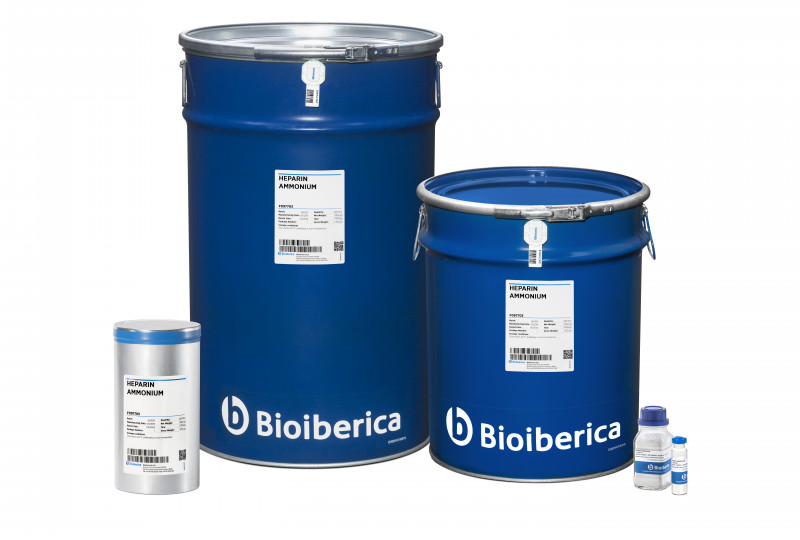
Material safety data sheet
The material safety data sheet is the same for heparin sodium and its derivatives such as heparin ammonium, heparin lithium, dermatan sulfate and heparinoids.
Material safety data sheetCertifications



